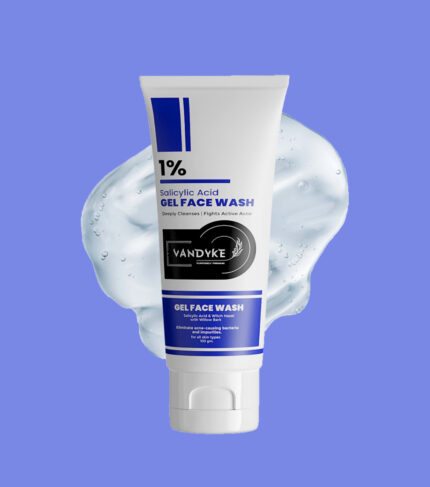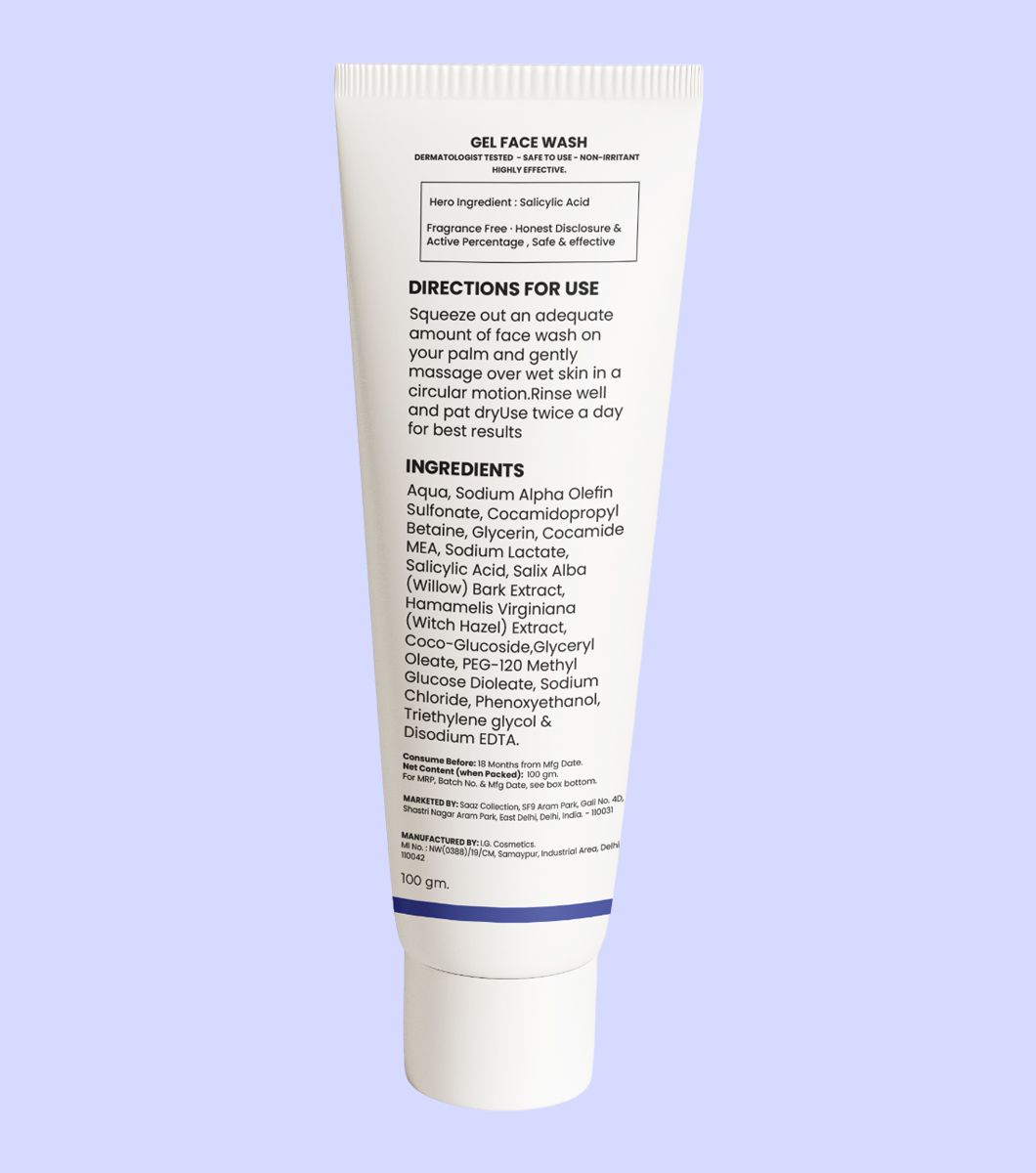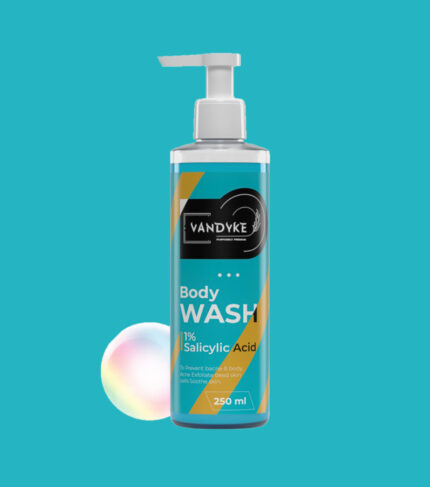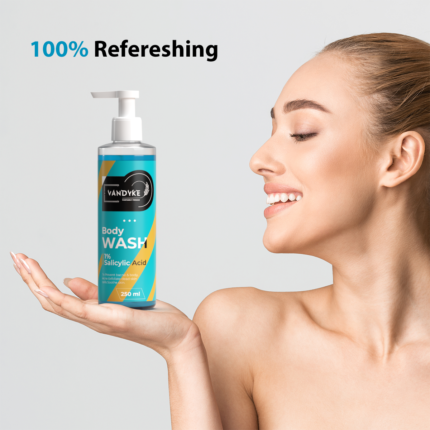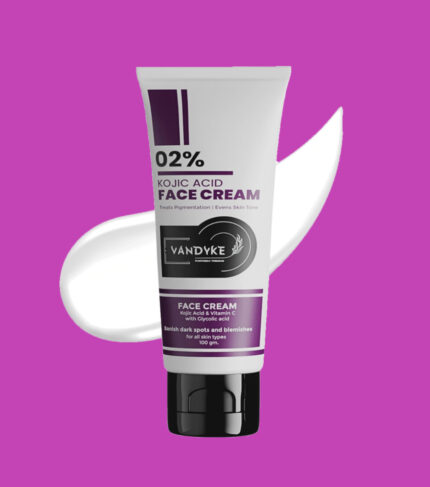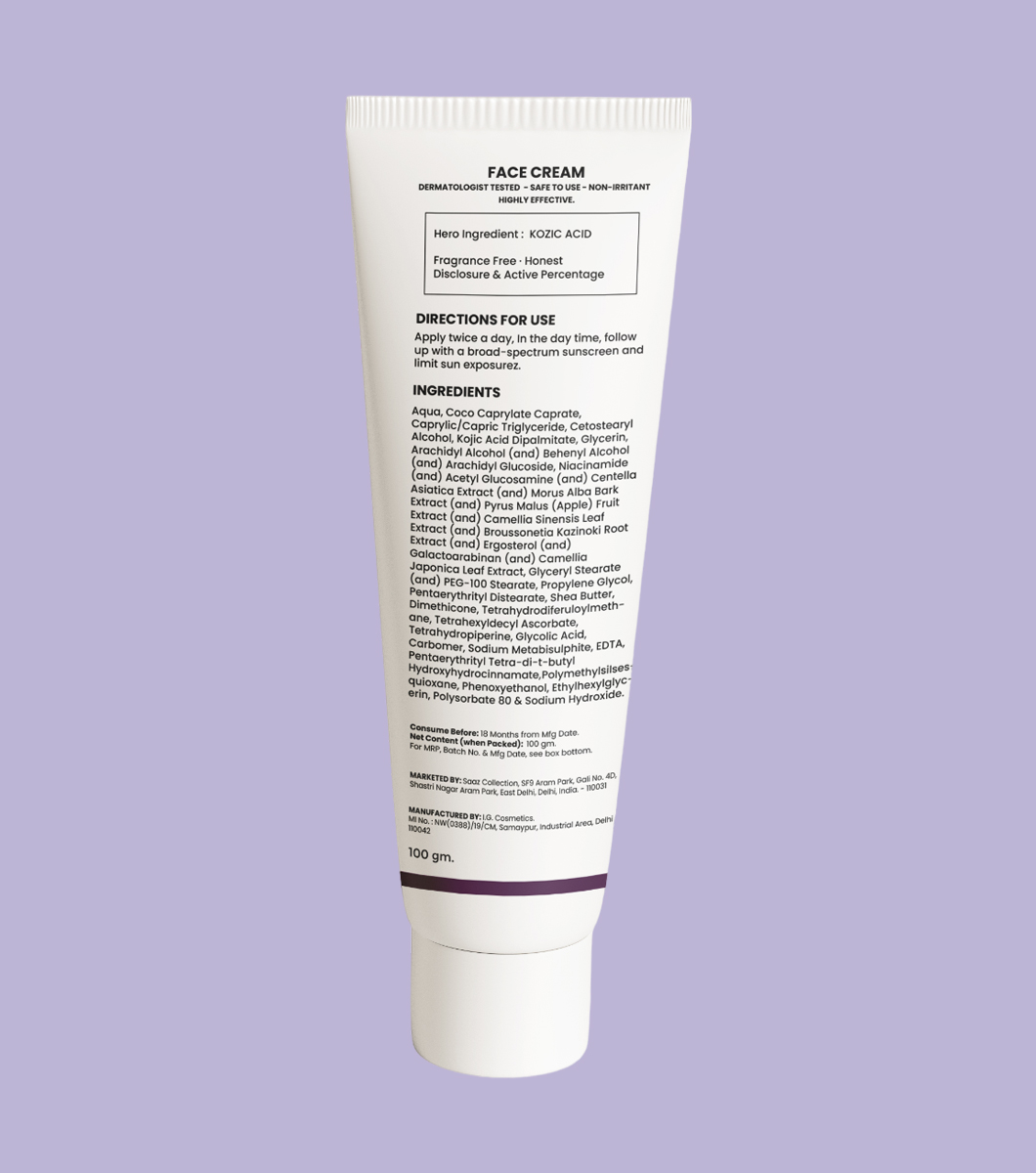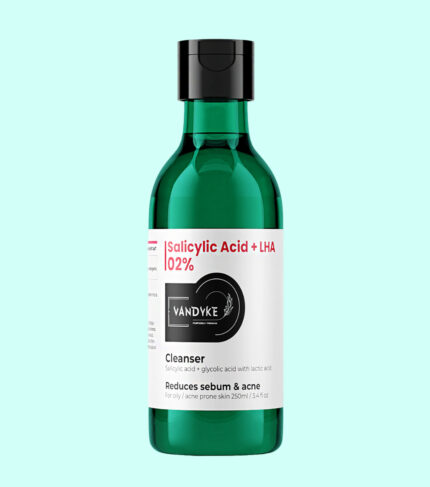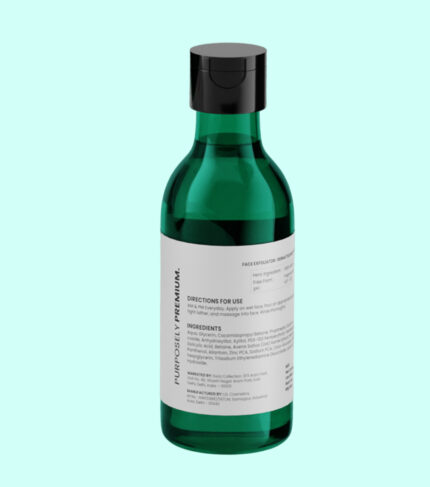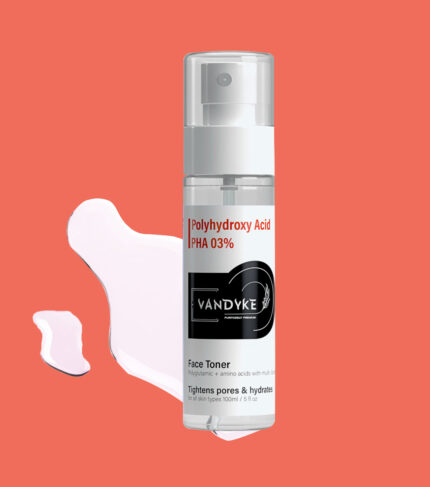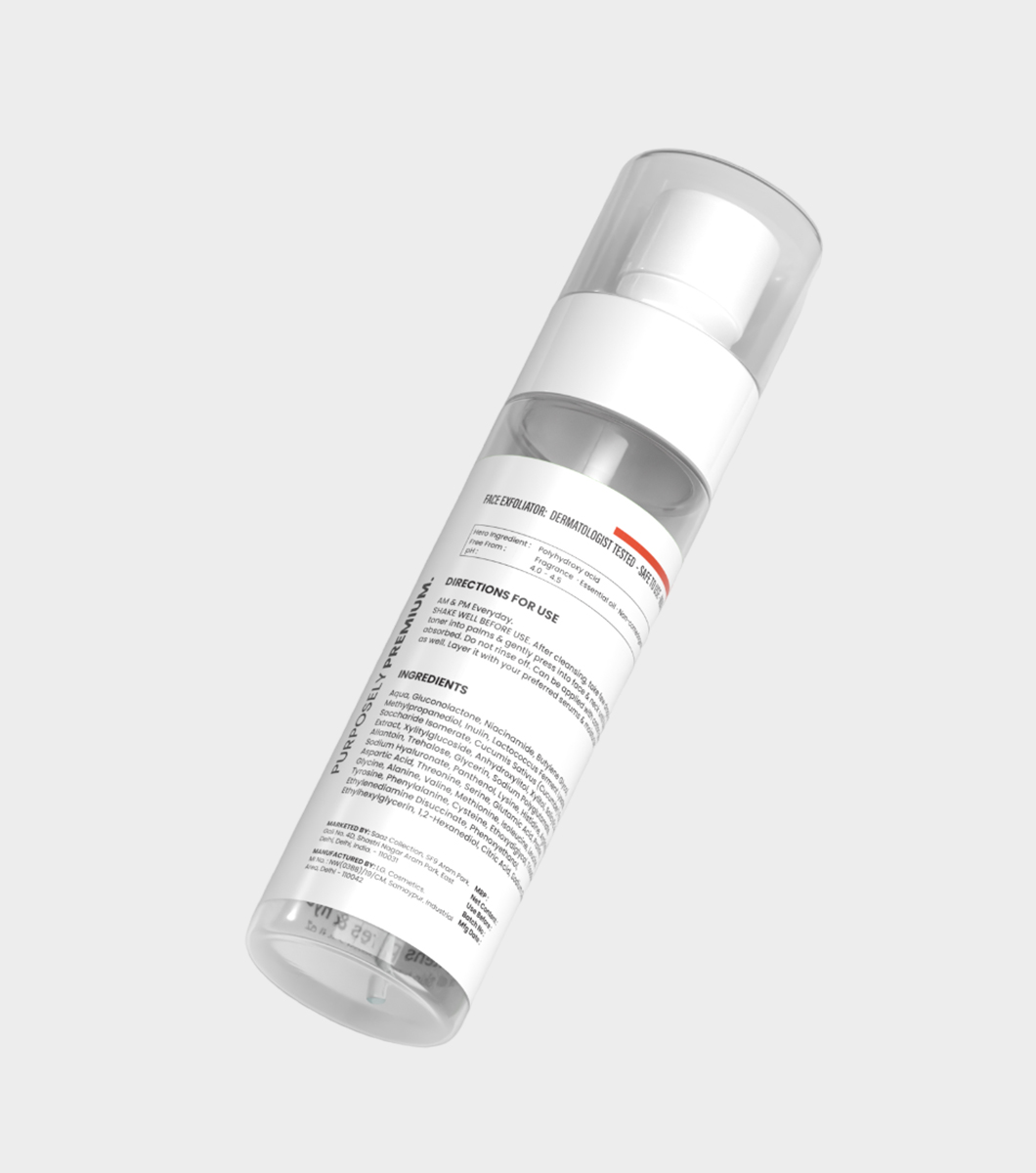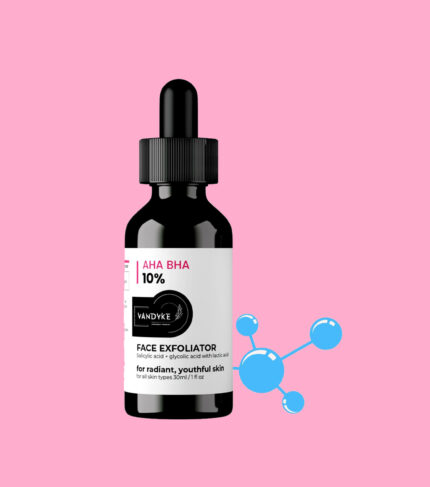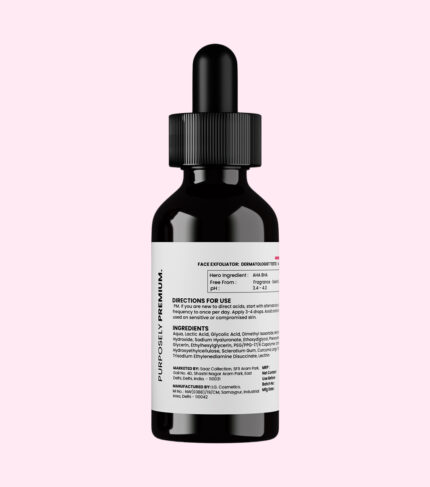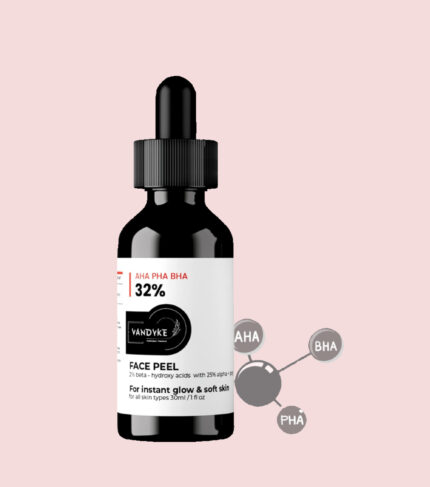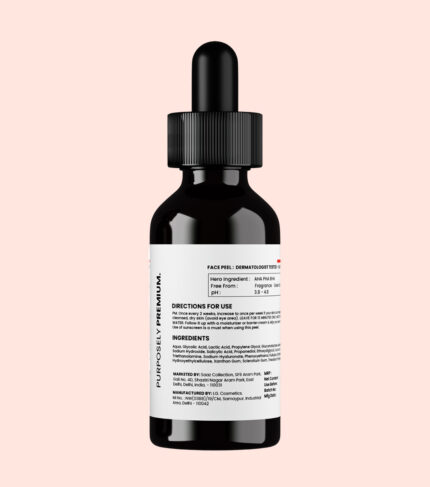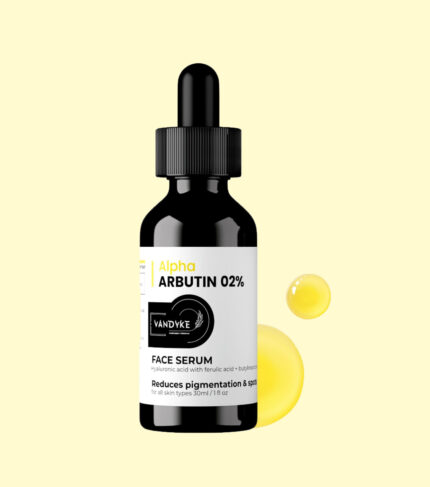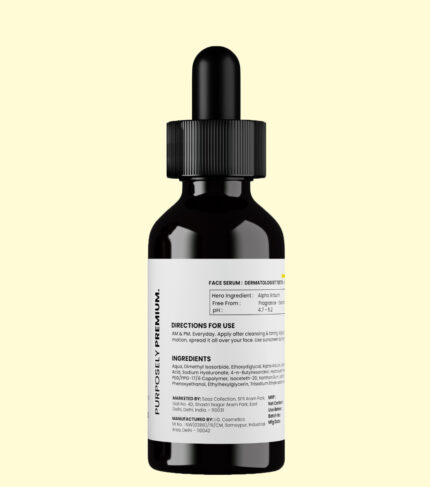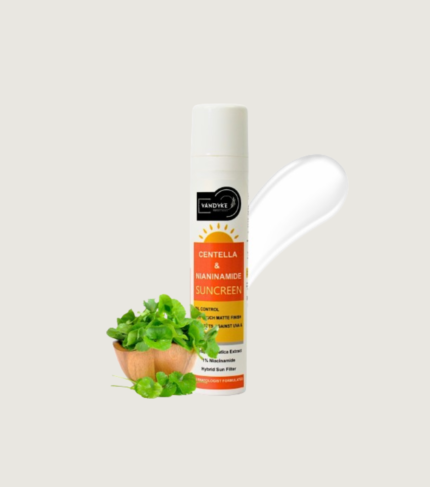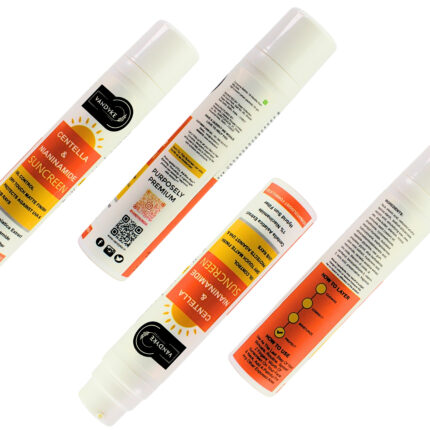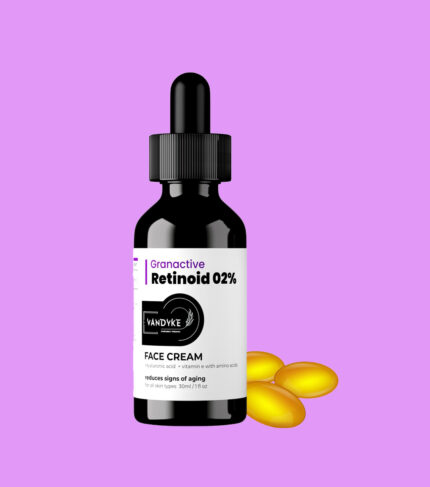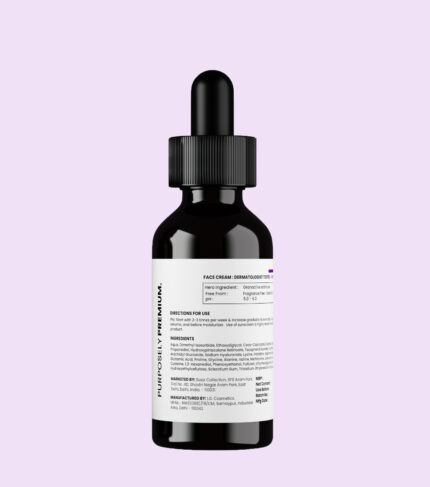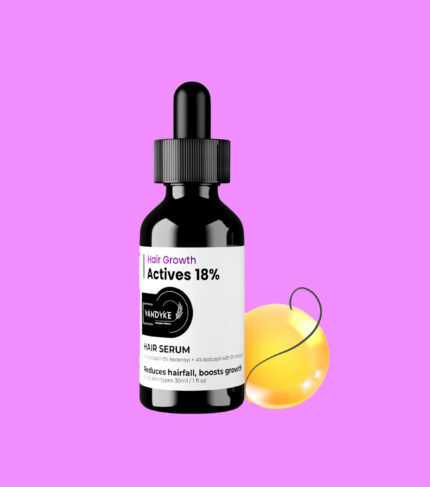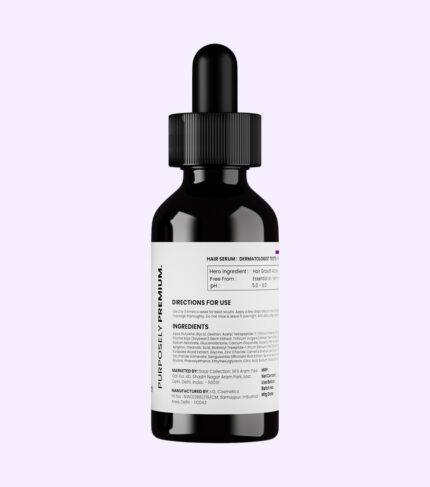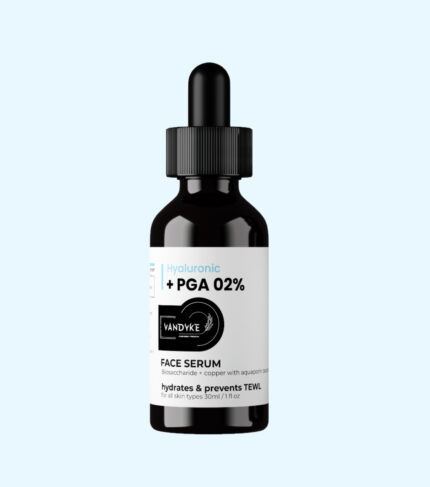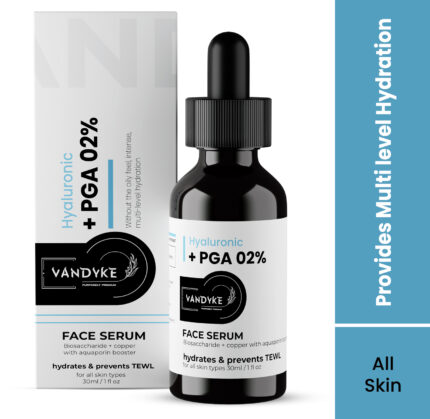SPF 1000 Sunscreen Is It Real and Does It Work?
In our fight to protect our skin from the sun’s damaging UV rays, sunscreen is a reliable ally. When you hear about SPF 1000 sunscreen, you might be skeptical about whether it’s a genuine product and, more importantly, if it lives up to its astonishing claims. You’ve probably seen sunscreens branded with various SPF values. Vandyke will examine the world of sun protection in this essay, explain the SPF system, and investigate the efficacy of SPF 1000 sunscreen.
What is SPF?
Before learning more about sun protection, it’s critical to comprehend what SPF stands for and how it functions. An indicator of a sunscreen’s ability to protect your skin from UVB (ultraviolet B) rays is the SPF, or Sun Protection Factor, which is a numerical value. Sunburns are mostly brought on by UVB radiation, and SPF gauges a sunscreen’s capacity to block them.
It’s important to understand that SPF mostly concentrates on UVB protection, which is linked to sunburn and temporary skin damage. But complete sun protection also entails protecting your skin against UVA (ultraviolet A) radiation, which are linked to early aging and chronic skin conditions. A “broad-spectrum” sunscreen, which protects against UVA and UVB rays and shields your skin from a variety of damaging UV radiation, is recommended for comprehensive protection.
How does SPF Work?
Sunscreen blocks UVB (ultraviolet B) radiation by a number of different methods, such as absorption, reflection, and scattering. Sunburns are brought on by UVB rays, which are also linked to the growth of skin cancer. Here is how SPF functions:
- Absorption
In the skin, certain sunscreen chemicals neutralize and absorb UVB rays, stopping them from entering farther into the skin.
- Reflection
Some components of sunscreen, such zinc oxide and titanium dioxide, physically deflect UVB rays away from the skin by resting on the skin’s surface.
-
Scattering
UVB photons may be scattered by sunscreen chemicals, changing their path and lessening their effect on skin.
The amount of protection against UVB rays provided by sunscreen creams is indicated by the SPF number on those items. SPF values above 30 indicate higher UVB protection. For instance, SPF 50 provides stronger protection than SPF 30.
It’s important to realize that no sunscreen can provide complete protection from the sun’s rays. To guarantee complete defense against the damaging effects of the sun, sunscreen should be used in conjunction with other sun protection methods including seeking shade, donning protective clothes, and reapplying sunscreen as necessary.
Benefits of Using Sunscreen
The advantages of using sunscreen are numerous:
- Sunburn Prevention
Sunscreen offers relief from discomfort and anguish by shielding your skin from the acute and severe impacts of sunburn.
- Skin Cancer Protection
Regular application of sunscreen lowers the chance of developing skin cancer, especially melanoma, one of the deadliest types of cancer.
- Anti-Aging
Sunscreen slows down the appearance of wrinkles, fine lines, and sunspots that are brought on by excessive sun exposure.
-
Skin Health
Skin Health By preventing the destructive effects of UV radiation, sunscreen helps to maintain the general health of your skin, maintaining a glowing and young appearance.
It is a sensible decision to include sunscreen in your daily skincare regimen, since it has both immediate and long-term advantages for the health and beauty of your skin.
Does SPF 1000 Sunscreen Exist?
The question of whether SPF 1000 sunscreen exists is a common one, and it’s important to clarify the facts:
While there are sunscreens on the market that advertise SPF 1000 protection, it’s important to realize that the U.S. Food and Drug Administration (FDA) does not monitor these claims. There is no recognized standard or scientific justification for SPF levels above 50, hence the FDA only regulates and certifies sunscreen products with SPF values of up to 50 or “50+.”
The use of SPF numbers greater than 50 is frequently a marketing ploy, and there isn’t any solid proof that sunscreen with an SPF of 1000 is any more effective. After a certain point, sunscreen effectiveness tends to plateau, thus the difference in protection between SPF 50 and higher SPF values is not as large as one might anticipate.
It is advised to use a broad-spectrum sunscreen with an SPF of 30 to 50 along with other sun safety precautions including searching out shade, donning protective clothes, and reapplying sunscreen as needed for complete sun protection. Applying sunscreen consistently and correctly should be prioritized above achieving extremely high SPF ratings.
Is It Effective?
It is crucial to understand that no sunscreen can offer 100 percent protection from the sun’s damaging UV radiation, even if SPF 1000 sunscreens were effective. Combining precautions like wearing protective clothes, looking for shade, and avoiding outside activities during the sun’s peak hours is the most effective way to protect your skin from the sun’s impacts.
What Are the Drawbacks of Using SPF 1000 Sunscreen?
Although sunscreen with an SPF of 1000 may seem remarkable, there are a number of disadvantages and things to take into account.
- Cost
Price SPF 1000 The cost of sunscreen is often higher than that of sunscreens with lower SPF ratings. Higher costs may result from this, particularly if you routinely use sunscreen.
- Application Challenges
It might be difficult to regularly and evenly apply sunscreen with an SPF of 1000. The sunscreen may be thicker and harder to distribute on the skin if the SPF number is higher. This can make achieving full coverage more challenging.
-
False Sense of Security
The biggest disadvantage of sunscreens with an exceptionally high SPF is that they could provide a false sense of security. People who apply sunscreen with an SPF of 1000 could mistakenly feel that they are entirely shielded from the sun’s damaging rays, but this is not the case. This erroneous sense of security might encourage people to spend more time in the sun without reapplying sunscreen or taking further precautions.
It’s crucial to remember that sunscreens with SPF numbers higher than 50 don’t offer noticeably greater protection than SPF 50. SPF values frequently plateau, which means that at a certain threshold, the level of protection only slightly increases. Comprehensive sun protection also includes wearing protective clothes, looking for shade, and taking other preventive steps in addition to sunscreen.
To achieve effective protection from the sun’s damaging UV rays, the emphasis should be on wearing sunscreen with an SPF of 30 to 50, applying it correctly, reapplying as necessary, and combining it with other sun protection techniques.
What is the Best SPF to Use?
It is generally advised by dermatologists to wear sunscreen with an SPF of 30 or higher. By blocking almost 97% of UVB rays, SPF 30 provides strong protection. In contrast, SPF 15 offers around 93% UVB protection. As a result, SPF 30 or greater is considered acceptable for the majority of people.
The best spf for complete protection of skin is SPF 50 sunscreen. If you are looking for sunscreen for your face protection. Then you can use vandyke SPF 50 sunscreen for your skin. This is the best sunscreen for your face. 50 spf face sunscreen is the perfect protection for your skin. Vandyke spf 50 face cream non greasy is the best skin.
Conclusion
In conclusion, the idea of SPF 1000 sunscreen belongs more to myth than fact. There is a practical limit to the efficiency of high SPF values, such as SPF 100, despite the fact that they can genuinely offer powerful protection. The best strategy for sun protection is to choose a sunscreen that meets your individual needs and to follow sensible sun safety precautions.
FAQs about SPF 1000 Sunscreen
What is the Difference Between UVA and UVB Rays?
UVA rays penetrate the skin more deeply than UVB rays and are associated with premature skin aging and skin cancer. UVB rays are the main cause of sunburn.
Does SPF 1000 Sunscreen Protect Against Both UVA and UVB Rays?
While some SPF 1000 sunscreens claim to protect against both UVA and UVB rays, it’s crucial to verify this information by checking the product label. Opt for sunscreens labeled as “broad-spectrum” for comprehensive protection.
Choose vandyke skin care tips and vandyke skin care products because we make our products;
“Purposely Premium”


